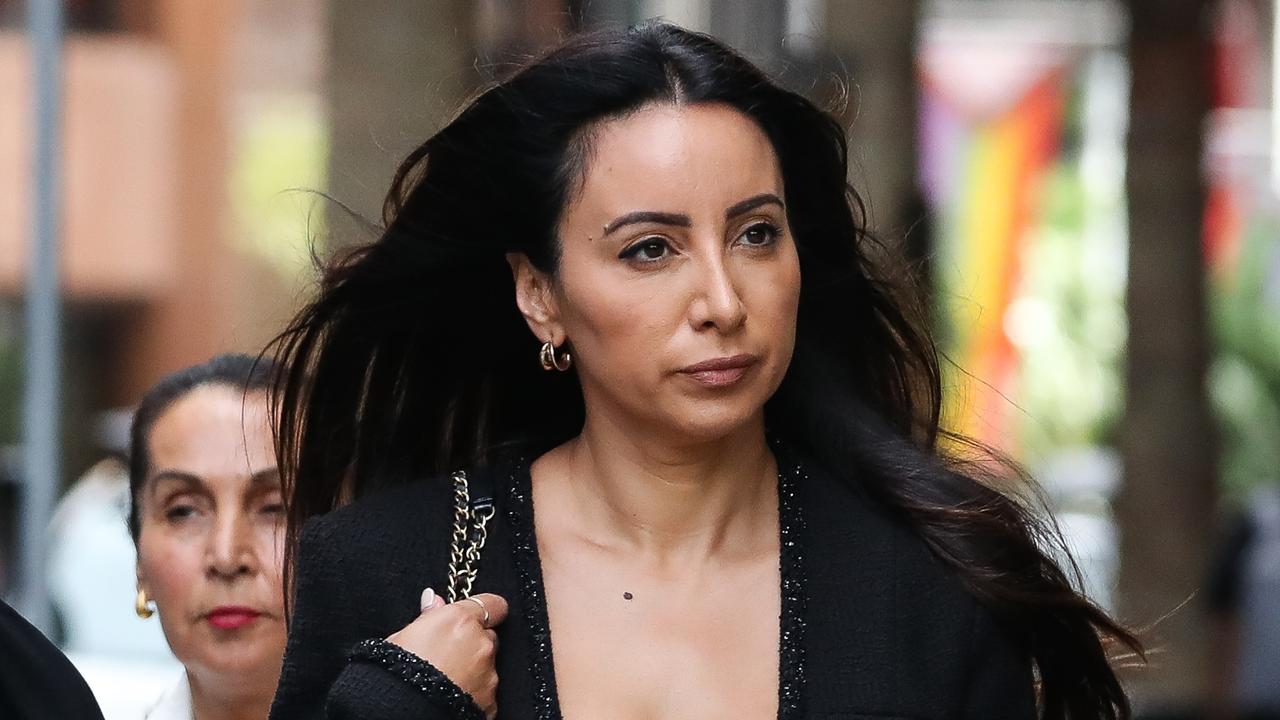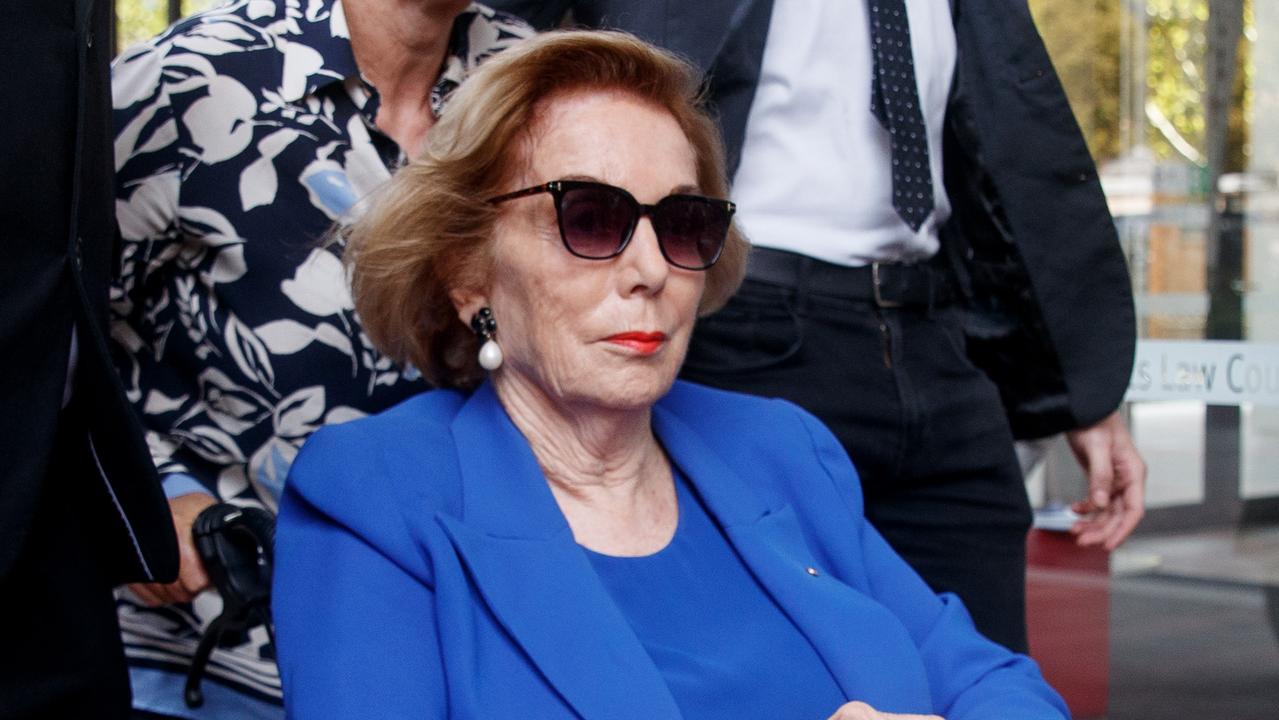Facebook has done the wrong thing, says Paul Fletcher
In the wake of Facebook’s decision to ban local news from its platform, the ABC QandA panel discussed its implications and the future of social media regulation.
In the wake of Facebook’s decision to ban local news from its platform, the ABC TV QandA panel on Thursday night discussed the implications of the announcement and the future of social media regulation.
The panel consisted of five communications and technology experts from both government and corporate sectors, who were eager to consider the highly contentious topic.
Host Hamish Macdonald kicked off the program by mentioning while Google and Facebook had both been invited to join the discussion, they had declined to participate.
The first question asked what the government should do to “fix the problem” of the public being denied access to important news through Facebook.
Communications Minister Paul Fletcher compared Facebook’s reaction to the media bargaining code with Google’s, labelling Google’s decision to negotiate deals with Seven West Media, News Corp and Nine Entertainment as “constructive”.
“What Facebook has done we think is the wrong thing to do,” he said.
He added that Facebook’s decision to block non-news sites from the platform made “no sense” and “none of these pages would fall within the definition of the new media code”.
However, media consultant and former ninemsn editor-in-chief Hal Crawford said while Google’s decision to strike deals with large media organisations had “been characterised that it’s all for Google’s Showcase” the tech behemoth was actually “paying to be left alone”.
“It is protection money, in other words,” he said. “I’ve got some information about the sum of the make-up of those deals.”
Meanwhile, eSafety commissioner Julie Inman Grant noted that if Facebook is able to ban the news entirely, they should also remove dangerous content from their platform.
“They should be able to target child sexual abuse material, racism, online hate, all of these things,” she said. “It’s really a matter of priorities.”
International security expert Lydia Khalil echoed the sentiment, but added that the decision to keep “harmful content” on the site “goes to their logic and motive”.
“That type of content drives user engagement,” she said. “We’ve seen misinformation on those sites drive user engagement and seen posts that solicit primal emotions like fear and hate drive user engagement.”
Mr Fletcher agreed, adding that as traditional media is “exposed to regulation” the government has been working to put in place “similar regulation, including safety regulation” for social media platforms.
The question was then raised as to why the Australian Competition and Consumer Commission was the body governing a code that “props up the uncompetitive business model” seen in traditional media.
Mr Crawford praised the question, as he said the premise that digital platforms owe the news companies for linking to their content is “wrong”.
Mr Fletcher, however, said it was appropriate for the ACCC to govern the code, as it is a “competition regulation tool”.
“It’s because of the enormous market power Google and Facebook have in the market for digital advertising,” he said.
“They are competing with other news media businesses and in doing so they use content from those businesses to attract eyeballs to their sites which they very successfully monetise.”
Opposition communications spokeswoman Michelle Rowland said the code needed to be taken a step further to protect other elements of the public on social media.
“The code is an important part of it but also important is looking at regulatory arrangements, and updating those to be relevant to today,” she said.
She also said the code should ensure adequate funding for the national broadcaster, philanthropy and look at new tax arrangements for big tech organisations.
The notion of social media algorithms contributing to a more polarised society was also discussed.
Ms Khalil labelled the algorithms “non-transparent”.
“These companies look at these algorithms as if it’s commercial property and they guard it as proprietary information just like the spices for the KFC fried chicken,” she said.
“But these algorithms are governing a lot of our information and environment and we don’t have any transparency around them.”
The program ended with a short discussion surrounding the alleged rape of Liberal staffer Brittany Higgins by a senior colleague.
Mr Fletcher said it was “very important we learn lessons from this”.
However, Ms Rowland was seemingly dissatisfied with the response and said there “is clearly an issue going on here”.
“There are a number of questions that remain to be answered about who knew what and when,” she said.
“I think there’s clearly an issue in Parliament House.”
Ms Inman Grant alluded to “a similar experience” she had when working in the US congress.
“There was a pattern of abuse and power,” she said. “The woman in the role before me left because of this man. The woman at the reception was being sexually abused by this man.
“It’s about power. It’s about precedent. And it’s about being able to do it with impunity.”



